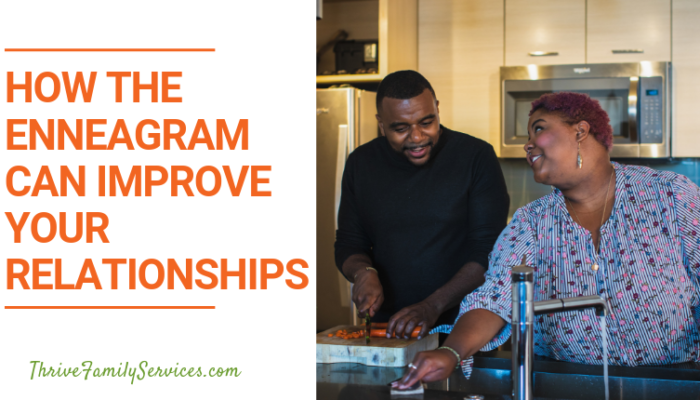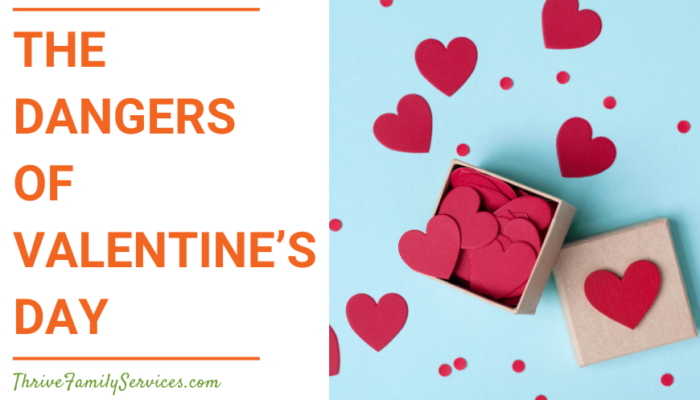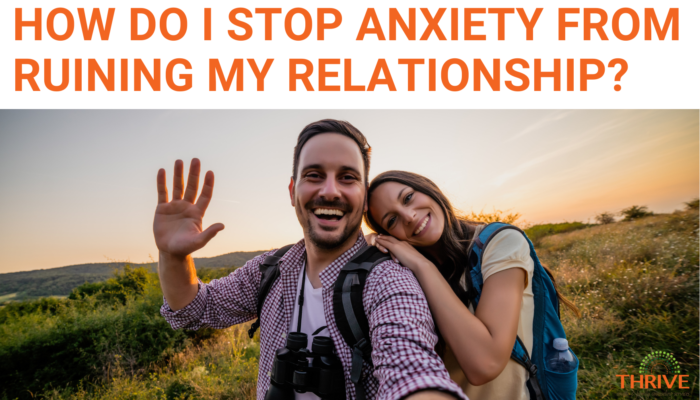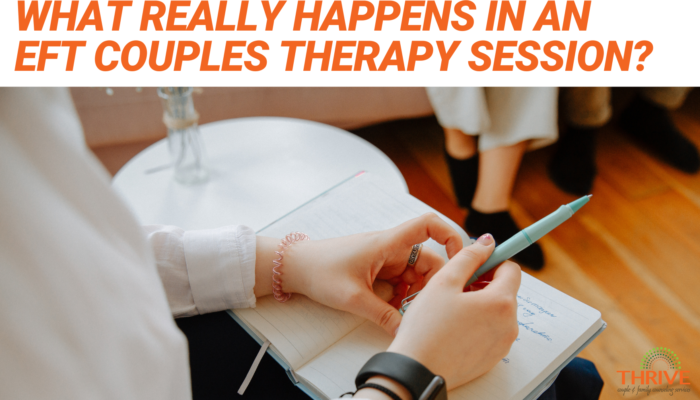Remember how magazines used to have little personality quizzes in them that were meant to tell you things about yourself? Kids would get a kick out of doing them and comparing their results with each other. Even though the questions were supposed to help you learn something about yourself and provided fun for friends, there wasn’t actually any scientific basis behind them.
Did you know that there actually is a personality assessment that you can take to get to know yourself better that can also enhance your relationships?
The Enneagram is a powerful way to get to know yourself and the people around you in a different light. Unlike other personality assessments, the Enneagram gives insight into habitual patterns and motivations that underlie behaviors and thoughts. Essentially, rather than just getting results with a personality trait, you get a dynamic and comprehensive guide to help you grow, connect with others in a healthier way, and live your life.
In short, there are nine different personality types that are defined by the Enneagram. Here is a brief descriptor of each of them:
1. The Reformer – principled, purposeful, self-controlled
2. The Helper – generous, people-pleasing, demonstrative
3. The Achiever – adaptive, driven, excelling
4. The Individualist – expressive, dramatic, temperamental
5. The Investigator – perceptive, innovative, isolated
6. The Loyalist – engaging, responsible, anxious
7. The Enthusiast – spontaneous, versatile, distractible
8. The Challenger – decisive, self-confident, confrontational
9. The Peace-Maker – receptive, agreeable, complacent
Each type comes with its own set of desires, flaws, coping strategies, and beliefs that help them function in the world in order to get their needs met and avoid pain.
It doesn’t explain what people do…it explains why they do it.
Having this knowledge about yourself can be incredibly enlightening. It allows for personal growth, self-awareness, and relationship enhancement. If we know the underlying motivations for why other people do what they do, we can have more clarity, patience, and understanding for others. When we know these deep-seated features about each other, we can connect more deeply and empower each other to grow.
If you think about it, many conflicts arise when we don’t feel known, understood, or validated by the other person. We feel disconnected and frustrated when we don’t know how to communicate ourselves more clearly to someone else.
This is especially true in romantic and family relationships. Having a tool that gives individuals the words and understanding about their own motivators and fears is remarkably helpful! It’s even more helpful when our partner or family member also has the words and understanding to share their underlying motivators and fears with us!
Here is a quick overview of each of the types’ motivators:
1. The Reformer – to be good
2. The Helper – to feel loved
3. The Achiever – to feel valuable
4. The Individualist – to have significance
5. The Investigator – to feel competent
6. The Loyalist – to feel secure
7. The Enthusiast – to be satisfied
8. The Challenger – to feel protected
9. The Peace-Maker – to have inner stability
And here is a quick review of each of the nine types’ biggest fears:
1. The Reformer – of being defective or corrupt
2. The Helper – of being unwanted or unworthy
3. The Achiever – of feeling worthless
4. The Individualist – of having no personal identity
5. The Investigator – of being useless
6. The Loyalist – of being without support
7. The Enthusiast – of being in pain
8. The Challenger – of being harmed or controlled
9. The Peace-Maker – of loss and separation
Many couples, families, friends, and co-workers have reported using the Enneagram to have better conversations with each other and to feel known in a way that they couldn’t express themselves.
Usually, the motivators and fears that we have develop during childhood. Even “perfect parents” cannot meet every single one of their child’s needs all of the time. Therefore, some kind of message or deficiency develops and teaches us how to get the connection and closeness that everyone craves.
Type 2s, for example, feel like they are most loved when they are being helpful. On the other hand, Type 7s feel the most satisfaction when they are having fun or being with other people. When these needs aren’t being met, then the underlying fears come creeping in. “What if I’m not worthy of love?” a Type 2 might think if their attempts at being helpful were rejected, not noticed, or insufficient.
With this example, someone who is in a relationship with a Type 2 will know how important it is to make sure that their partner feels loved so that they don’t have to rely on doing tasks to feel closeness.
On the other hand, if someone is in a relationship with a Type 7, they might learn to be aware that their scattered-brain and constant need for activities are ways to avoid thinking about painful events or feelings.
Once you identify what your enneagram type is and the type of the person you want to connect with, see if you can figure out how the two types might complement each other, where potential barriers might be, and how to help each other grow.
Self-reflection is the best way to figure out which of the nine Enneagram types you are, but there are resources to help get you started. There are free Enneagram assessments online, but it can also be helpful to have a conversation with your therapist if you want firmer conclusions. Our Denver therapists are ready to help. Call us at 303-513-8975, X1, or schedule online today:




